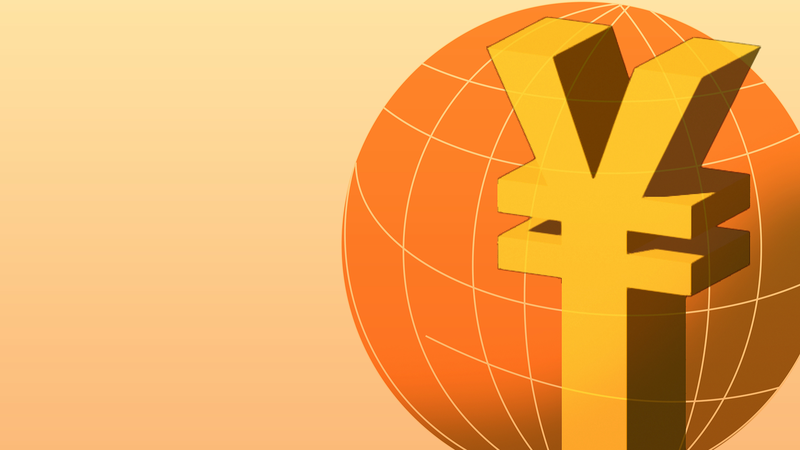As global finance diversifies, Ethiopia and Kenya have become the first African economies to adopt yuan-based debt-swap arrangements. By converting U.S. dollar liabilities into yuan, these countries aim to lower interest costs and curb foreign exchange losses.
A pragmatic shift for debt relief
Professor XN Iraki from the University of Nairobi calls the move purely economic. “The main reason why this was done is to make sure that it’s cheaper,” he says. He adds that cheaper yuan interest rates offer relief for countries grappling with rising dollar rates.
Direct convertibility and trade gains
Beyond debt relief, Iraki highlights benefits for trade and travel. He recalls the cumbersome journey of shillings to dollars to yuan for a trip to Beijing and envisions direct shilling-yuan conversion to streamline transactions and give traders more options.
CIPS: Building an alternative financial infrastructure
Zhou Mi, Senior Research Fellow at the Chinese Academy of International Trade and Economic Cooperation, underscores the role of the Cross-border Interbank Payment System (CIPS). Linking over 1,600 institutions in 120 countries, CIPS offers an alternative channel for direct bilateral settlement.
Redefining Africa in global finance
With the Chinese mainland opening its market to 53 African countries with zero tariffs, incentives to use the yuan are rising. Experts say this trend not only deepens China-Africa ties but also redefines Africa’s role in a multipolar financial system.
Reference(s):
cgtn.com




